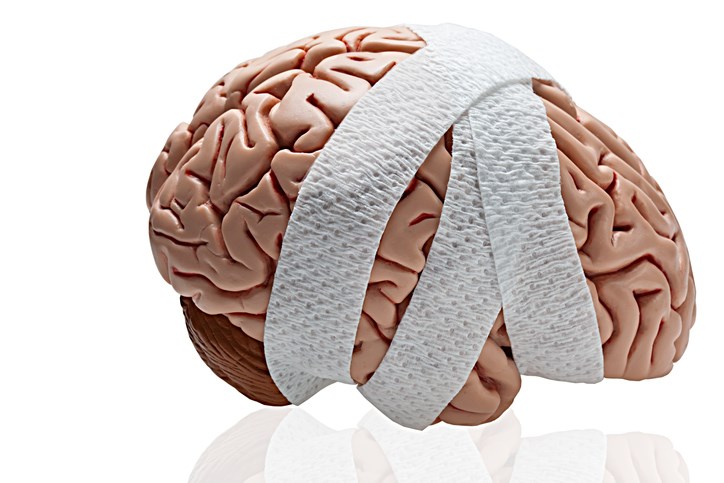SASKATOON — A University of Saskatchewan research team has identified that concussion recovery can take much longer than many people think, due to a series of biological events following a blow to the head that can take upwards of four weeks to resolve.  
The team has found a particular protein that is released from the brain and into the blood following a brain injury such as a concussion. This molecule is called cellular prion protein (PrPc), and is assumed to play a role in regulating the glucose metabolism of the brain.  
Concussion events are common worldwide among people of all ages, with more than 200,000 concussions diagnosed in Canada annually. Concussion is a type of brain injury that typically causes a temporary decrease in brain function. They are common among those who are involved in the military, play sports, or engage in physical activity with a high chance of falls or impact with objects. 
“Even a single concussion event disturbs brain glucose metabolism,” said Dr. Changiz Taghibiglou (PharmD, PhD), a co-researcher on the study, where the goal is to identify the lasting effects of concussion-related insulin resistance in the brain—how long does it take to get back to normal?
Using positron emission tomography (PET) scanning techniques, it was found that mice with mild concussions showed a significant reduction in brain glucose uptake following the injury, which typically took seven days to return to normal. In more severe cases of concussion, damage was sustained for up to four or more weeks. 
“We hope that our research provides awareness for the public and especially for those who experienced a single concussion to avoid high-contact activities for at least one week or even more, until brain glucose metabolism is normalized. For repeated or multiple concussions, the avoidance time would be much longer than four weeks,” said Taghibiglou. 
The research, published in the International Journal of Molecular Sciences, may lead to new treatment possibilities for people with mild to severe concussions and a deeper understanding of the metabolic impacts of brain injury. Treatment possibilities could include medications or even certain diets.
“We discovered a novel mechanism at least partly responsible for concussion-induced brain metabolism disturbance, which opens the door for potential future therapeutic interventions,” said Taghibiglou.  
This work is a successful collaboration between Taghibiglou, molecular imaging scientist Dr. Humphrey Fonge (PhD), and their team members including Saskatchewan Health Research Foundation post-doctoral fellow Dr. Sathiya Sekar (PhD). Dr. Raja Solomon Viswas (PhD), Dr. Hajar Miranzadeh Mahabadi (PhD), and Dr. Elahe Alizadeh (PhD) are the other researchers involved with the study.
USask College of Medicine Research Award program and the Saskatchewan Health Research Foundation helped fund the research.





